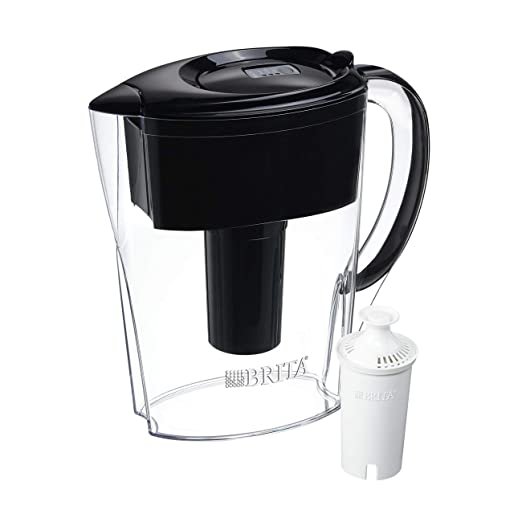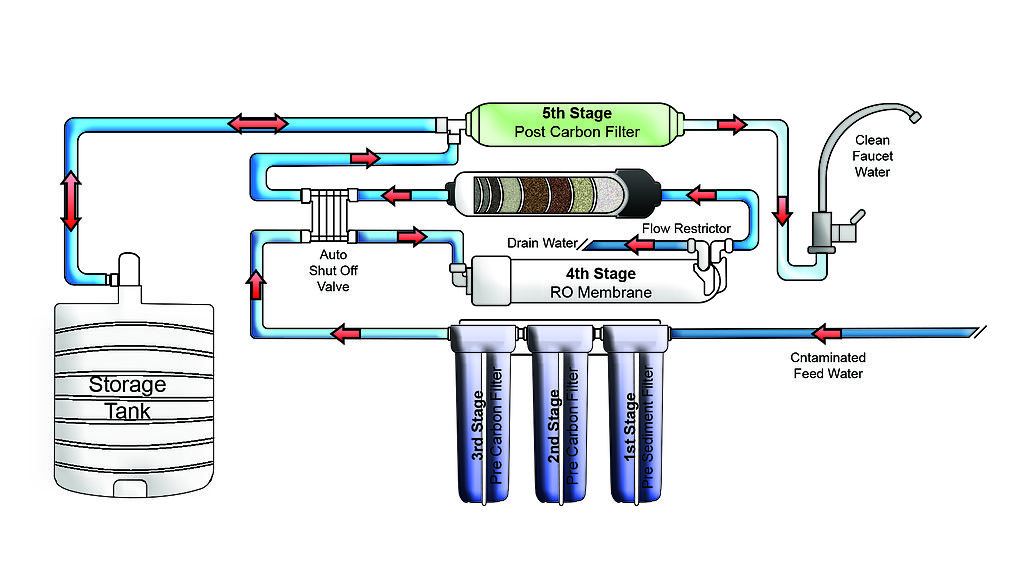In the realm of household essentials, water often takes the spotlight for its indispensable role in daily life. However, not all water is created equal. Understanding the nuances of water quality is paramount, particularly when it comes to the prevalence of hard water. Characterized by high mineral content, hard water can wreak havoc on appliances, plumbing, and even personal health. But fear not, as the solution lies within the realm of water softeners—a crucial addition to any modern household.
In this article, we delve into the multifaceted significance of having a water softener in your home. From decoding the intricacies of hard water to exploring the transformative benefits of softening systems, we'll navigate through the various dimensions that underscore the necessity of this oft-overlooked appliance. So, let's embark on a journey to unravel the mysteries of water softeners and uncover why they're indispensable for ensuring both the longevity of your household infrastructure and the well-being of your loved ones.









